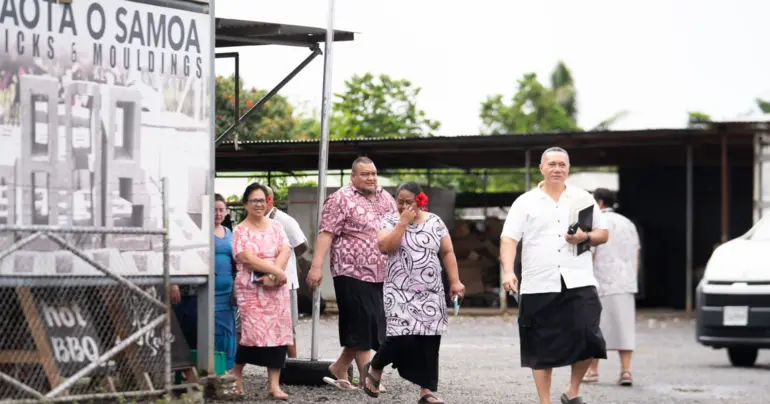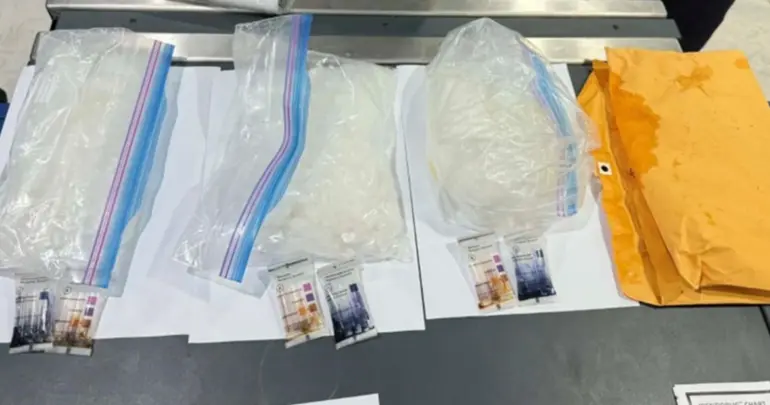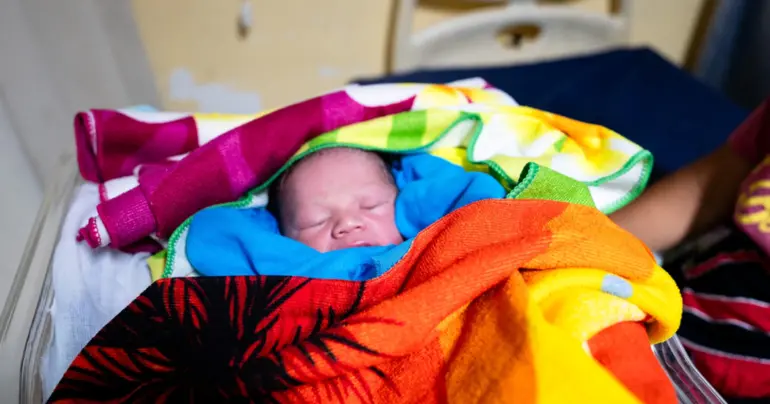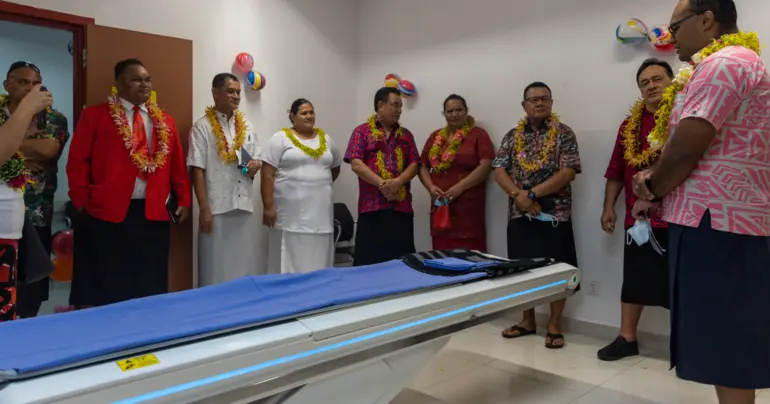The faa'samoa is not unchanging
 By The Editorial Board
•
12 January 2021, 12:00AM
By The Editorial Board
•
12 January 2021, 12:00AM
In an election campaign that seems increasingly fought along the lines of what does and does not constitute the faa'samoa, we are already seeing some fuzzy distinctions being drawn.
The Prime Minister, Tuilaepa Dr. Sa'ilele Malielegaoi, who presents himself as the arbiter of what falls on either side of these dividing lines, has made another such judgment recently, this time on his opponents' campaigning style.
That is perhaps to be expected in a campaign that the Prime Minister is shaping up to fight with appeals to culture as much as those that relate to the business of governing.
Even policy debates that have continued on for months and encompassed issues of incredible nuance such as the recently-passed changes to the constitution and the Land and Titles Court (L.T.C.) boiled down to a reductive cultural judgment on Tuilaepa's part.
Those who did not share Tuilaepa’s view on the proper structure of the courts were, simply, in his view, “not Samoan”.
Those painted with that broad brush included several people to whom we do not such a label should be so casually applied.
They include: former Head of State, His Highness Tui Atua Tupua Tamasese Efi; the nation’s entire judiciary; and, of course, his former deputy and descendant from the tama-a-aiga, Fiame Naomi Mata'afa. It extends, too, to their forebears: the founders of an independent Samoa and its constitution.
But at least the L.T.C. issue was intertwined with issues of immense complexity and a matter on which otherwise reasonable people might be able to disagree.
Now we see the label of being "un-Samoan" applied to much more mundane matters.
Speaking of his political opponents in the Fa'atuatua i le Atua Samoa ua Tasi (F.A.S.T.) party and their practice of hosting electoral “roadshows”, Tuilaepa accused them of engaging in a “foreign practice”. He even compared stylistically to disgraced American President Donald Trump.
"I can see that they are flying their banners all around town and putting up billboards as if those banners and billboards will make decisions for the Government,” Tuilaepa said.
"I have been asked about why [our party] don't have banners and billboards ahead of the general election. But my answer is those banners and billboards don't make the decision for this country.
"But we stick to the traditional way of making announcements and advertisement within the villages and districts. We rely on the knowledge and wisdom of the matai and the chosen representative of each district to explain to them our goals and vision.
"So there is no need to go out in the villages and ask for the people's opinion on different matters.”
The Prime Minister offers us much to consider here.
At the outset, let us be clear the F.A.S.T. party has changed the way campaigns in Samoa are run.
From its increased connecting to voters through the use of the internet (including for candidates’ fundraising) to its public relations material, which is considerably more professional than the Government’s, it has raised the bar on running political campaigns in Samoa.
But in doing so have they breached the norms of Samoan culture?
The faa'samoa exists within democracy but also a modern world in which everything changes constantly. So, does it stand for resisting these outside influences, or evolving in a manner that retains authentically Samoan values?
We strongly believe the latter has always been true.
Recent statements made by the Prime Minister on state-owned media suggest he is an even greater expert on the finer points of the faa'samoa than the ancestors who shaped our nation.
The Prime Minister questioned the wisdom of the matai who founded Samoa upon a constitution, unique among nations, that married the faa'samoa with a democratic system of Government, rights and law.
Tuilaepa implied that our founding fathers were duped by foreigners into inserting individual rights into the constitution in a manner incompatible with Samoan cultural values.
But few would suggest that these men, who made ours the first independent nation in the Pacific, were not among the greatest generation of Samoans. Fewer still would suggest they were ignorant of our culture.
The extension of universal suffrage in Samoa in 1990 was a major change to the way in which things had always been done in Samoa's style of democracy.
And the Human Rights Protection Party (H.R.P.P.) Government was mounting arguments in favour of what was then a most profound change to the nation's political system - but also its culture.
They did so against the voices of hardline conservative Samoan voices who argued at the time that only matai should be allowed to vote until the end of the world, lest irreparable damage be done to the faa'samoa.
Three decades on, we are not of the view that the reform has had that negative effect or been anything other than positive for Samoan democracy and our position in the community of nations.
In fact, we might even borrow an argument made by the H.R.P.P. Government in the lead up to the plebiscite all those years ago to make a point.
It was a perfect example of modernising a system while retaining tradition: only matai could run for Parliament but the right to vote was extended to all; Samoa's reputation as a democracy was burnished but it did not lose the characteristics that made it unique.
And yet revolutionaries have become conservatives as time and political convenience dictates.
We disagree with the Prime Minister when he says such things as there is no need to ask ordinary people for their opinions on matters of policy.
Samoa is a democracy. A democracy of its own kind. But a democracy undoubtedly.
Engaging ordinary people in the democratic process and allowing them to have their say about the country and their lives and the Government for which they pay is a fine thing indeed.
Nor is the manner in which F.A.S.T. is going about its campaigning disrespectful of the faa'samoa nor the faa'matai.
Those who have made the opposition party what it is in such a short time, particularly the former Speaker and third-generation former member of the H.R.P.P., La'auli Leuatea Schmidt, have done so in a very Samoan way.
Everything from F.A.S.T.’s logo and its depiction of the eleven original Samoan itūmālō (political districts) pays deference to the country’s tradition.
Even its name (faith in one true God) is a tribute to the Christian bedrock of the Samoan state. (Its opponents’, by contrast, pays homage to individual liberties - something the Prime Minister has recently suggested are palagi notions).
F.A.S.T. is making use of new media, such as Facebook to spread its message. But so too does Government. Scarcely a day goes by without Tuilaepa delivering an address via Facebook.
The main difference, to our eye, is that F.A.S.T. is paying for its own digital campaigning and more deft at executing it.
But nonetheless, new methods and media are not mutually exclusive to conducting the traditional consultations to which Tuilaepa refers.
And only a very narrow-minded view of Samoa’s culture would consider it not adaptable to innovations and new media. Samoan culture is much bigger than that - and, we think, much bigger than any political campaign, too.
 By The Editorial Board
•
12 January 2021, 12:00AM
By The Editorial Board
•
12 January 2021, 12:00AM










